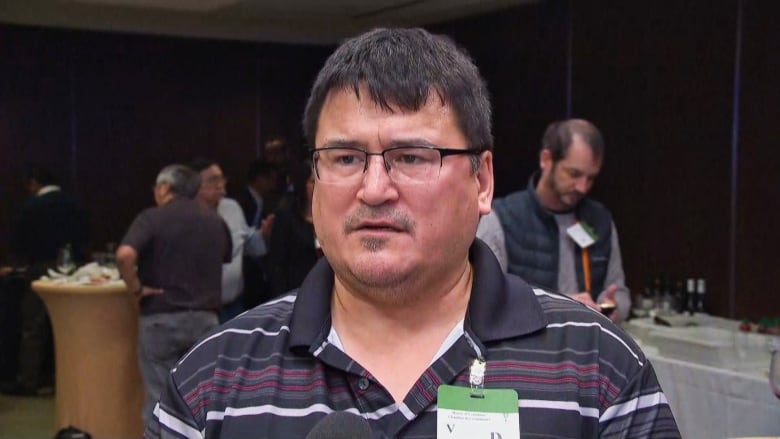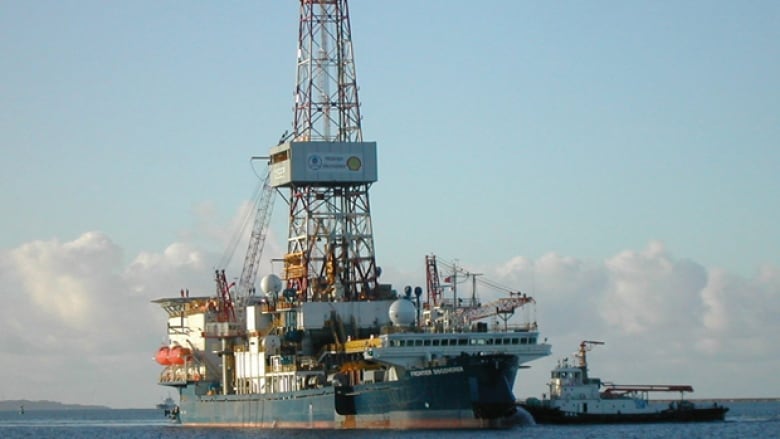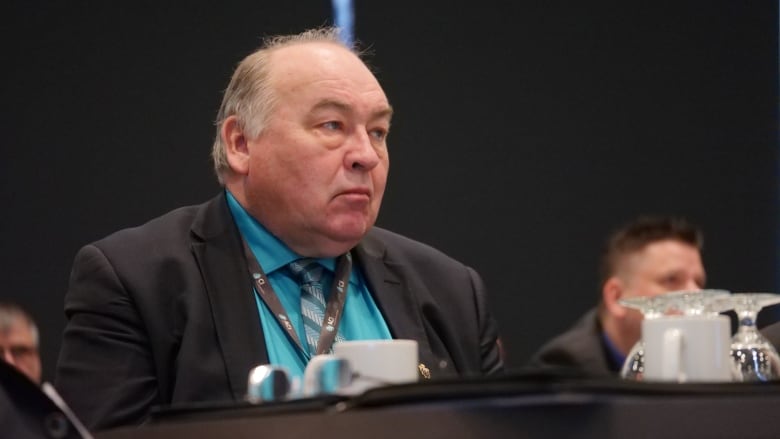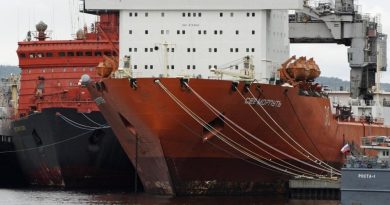Inuit in northwestern Canada warn new law could entrench federal authority of Beaufort Sea

As the federal government enters negotiations on how to co-manage oil and gas development in the Beaufort Sea, the Inuvialuit Regional Corporation (Inuit in Canada’s western Arctic) is criticizing new laws it says could set federal authority over the area in stone.
The issue lies with amendments to the Canada Petroleum Resources Act and Oceans Act, according to a letter from Inuvialuit Regional Corporation chair Duane Smith to a federal standing committee.
The Petroleum Resources Act, also known as Bill C-88, will repeal controversial plans to replace regional land and water boards in the Northwest Territories with one, centralized super board.
This is a move Indigenous governments in the territory have fought for since the federal government, under former prime minister Stephen Harper, passed devolution legislation in 2014.
Devolution gave the Northwest Territories government control over its own land and resources. It also included a provision to create the super board.
The federal Standing Committee on Indigenous and Northern Affairs passed a clause-by-clause reading of the bill last Thursday morning. It will now move back to the House for third reading.

‘These changes are problematic’
In his letter to the committee, Smith specifically takes issue with an amendment to Bill C-88 that allows the federal government to prohibit exploration or development on “frontier lands” if it is in the national interest to do so.
“It is our understanding that the purpose of these amendments is to give effect to aspects of the December 2016 Joint Arctic Leaders’ Statement, which imposed and oil and gas development moratorium across the Arctic offshore, including a portion of the [Inuvialuit Settlement Region],” states Smith.
He also notes the term “national interest” is undefined in the legislation.
Smith goes on to state changes to the Oceans Act, which will allow the federal government to unilaterally designate marine protected areas, could further erode Inuvialuit authority over its own land and water.
Once a marine protected area is designated, it could plausibly be in the national interest to stop oil and gas activity in that area, he writes.
“These changes are problematic for older land-claim agreements,” states the letter.
Smith points out that developers are already getting licences to explore and develop in the remote North, but not carrying out any work, and this is an issue for the economies in these areas.
“With an indefinite pause of licence time limits based on a vague concept of national interest, changes in Bill C-88 further entrench uncertainty for those that live in frontier lands,” states the letter.
“Together, the changes to [the Oceans Act] and in Bill C-88 place Inuvialuit on unstable footing with respect to a significant portion of our region.”

A different story in legislative assembly
Meanwhile, Premier Bob McLeod announced to the legislative assembly last week that the federal government has entered negotiations with the Northwest Territories government, the Inuvialuit Regional Corporation, and Yukon government on co-management of resource development in the Beaufort Sea.
“The shared management regime that will result from these negotiations will ensure that decisions about offshore oil and gas are no longer made unilaterally,” he said.
McLeod announced the four parties held its first round of talks in Inuvik from April 12 to 14.
Smith did not respond to requests for comment on how these negotiations are going so far. He also declined to elaborate on his letter to the standing committee.
With files from Emily Blake
Related stories from around the North:
Canada: Ottawa signals it’s open to talks on offshore Arctic oil and gas development, Radio Canada International
Norway: Greenpeace activists board oil platform in Arctic Norway, The Independent Barents Observer
Russia: Novatek announces third LNG project in Arctic Russia, The Independent Barents Observer
United States: Bill to protect ANWR passes early hurdle in Washington, CBC News



